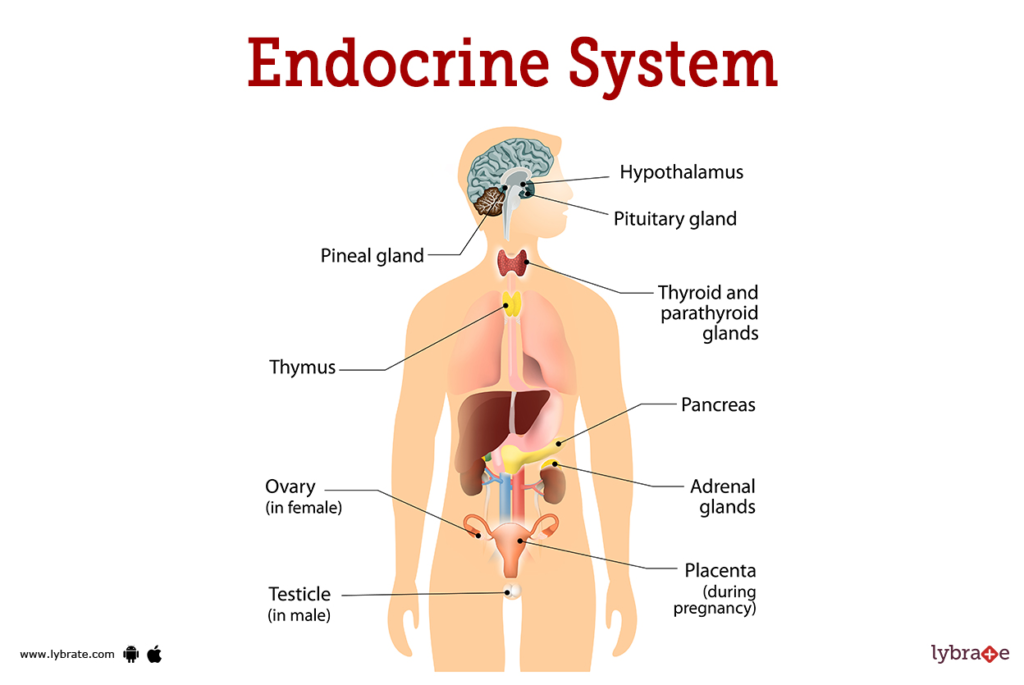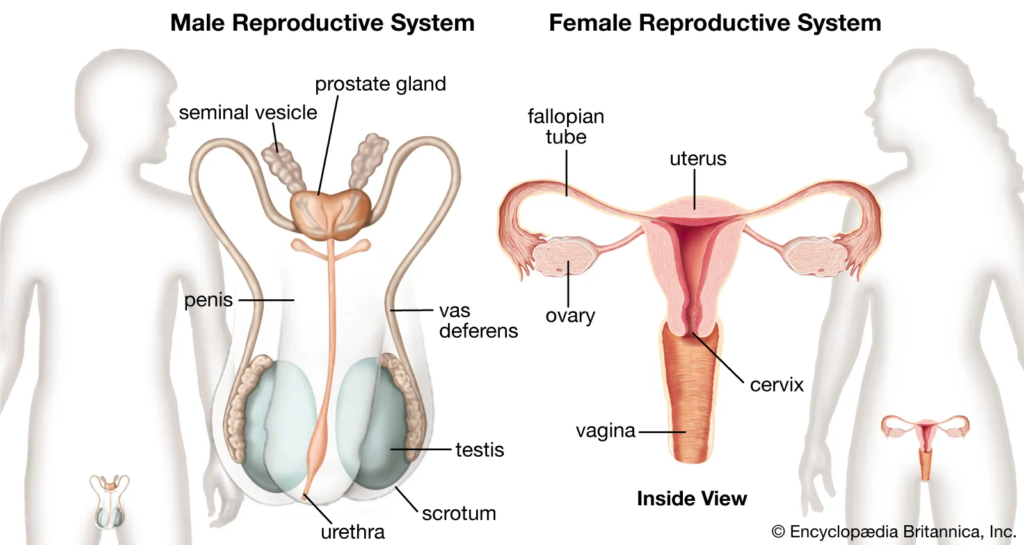GDA Nursing Class Notes 32
•Digestive System

–Organs: Mouth, esophagus, stomach, intestines, liver, pancreas
–Function: Processes and breaks down food into nutrients that can be absorbed by the body. Also eliminates waste products.
•Nervous System

•Organs: Brain, spinal cord, nerves
•Function: Controls and coordinates bodily functions, processes sensory information, and allows for cognitive activities and communication.
•Muscular System

–Organs: Skeletal muscles
–Function: Enables movement and locomotion, supports posture, and generates heat.
•Skeletal System

–Organs: Bones, cartilage, ligaments
–Function: Provides structural support, protection for internal organs, and serves as a site for blood cell production and mineral storage.
•Integumentary System

–Organs: Skin, hair, nails
–Function: Acts as a protective barrier against the external environment, regulates temperature, and contains sensory receptors.
•Endocrine System

–Organs: Various glands (e.g., pituitary gland, thyroid gland, adrenal glands)
–Function: Produces hormones that regulate various bodily functions, growth, metabolism, and homeostasis.
•urinary System

–Organs: Kidneys, ureters, bladder, urethra
–Function: Filters and eliminates waste products from the blood, maintains electrolyte balance, and regulates fluid levels.
•Reproductive System

–Organs: Male and female reproductive organs (e.g., testes, ovaries, uterus)
–Function: Facilitates reproduction and the continuation of the species.
